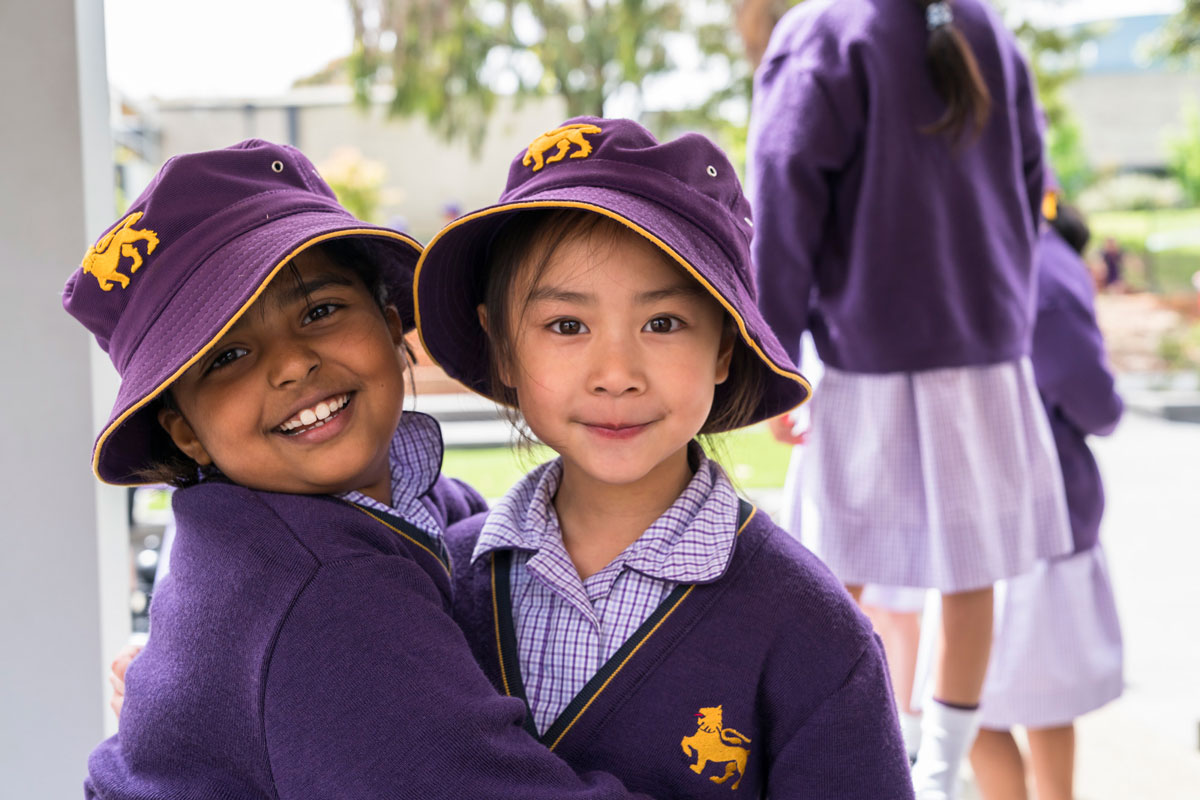
Ben Dooley, the Head of Junior School at the Glen Waverley Campus, reflects on his first year at Wesley and how to prepare students for a future that doesn’t yet exist.
If you undertook a word association exercise with me in January this year and asked me about the words ‘Seesaw’, ‘Teams’ or ‘Zoom’, I would have answered you with something like ‘Mmm, well, a seesaw is a great fun playground activity in the park. Teams, something you do with friends. And Zoom, well isn’t it something that you would normally do on a bicycle or a billy cart down a hill?’ Well, apparently, I was misguided as it seems that our world has changed significantly this past year.
It’s often been said that when a crisis strikes, our ‘sink or swim’ instinct kicks in. Critical traits such as adaptability, creativity, resilience and innovation are tested in everyone involved in a school – students, parents and teachers. This year has revealed the best of our Wesley community, the true meaning of the word ‘school’ and the vital role that Wesley plays in all aspects of a child’s development and wellbeing and preparing them for their future.
The future may be unpredictable, but it’s exciting
We are facing unprecedented global challenges spurred on by accelerating globalisation and technological developments. At the same time, those forces are providing us with new opportunities for human advancement. The future is exciting for a student at Wesley, though it can feel uncertain, and while we can’t predict it, we can be proactive and ready to prepare them for it.
We have to prepare our students for jobs that have not yet been created, technologies that haven’t been invented and problems that can’t be anticipated. To navigate through such uncertainty, we need to help our students develop their curiosity, imagination, resilience and self-regulation. We also have to cultivate their respect and appreciation for ideas, perspectives and others, as well as their ability to cope with failure and rejection, and move forward in the face of adversity. Their motivation will need to be more than getting a good job and earning a high income; they will also need to care about the wellbeing of their friends and families, their communities and the planet.
How can schools and educators prepare children?
In an era characterised by the explosion of knowledge and a growing array of complex social problems, it is appropriate that our school curriculum should continue to evolve and expand, and our swift response to remote learning is just one example from this year.
Economic, environmental and social issues are already on the global radar. They have triggered a debate that matters to every country and they call for global and local grassroots solutions. This is where Wesley’s alignment to the IB, and the global perspective it offers, is vital to our students’ educational success, and our future.
Education has a vital role to play in developing the knowledge, skills, attitudes and values that enable people to contribute to and benefit from an inclusive and sustainable world. Learning to form clear and purposeful goals, work with others with different perspectives, find untapped opportunities and identify alternative solutions to big problems will be essential in the coming years. Our Wesley education needs to aim to do more than prepare young people for the world of work; it needs to equip them with the skills they need to become active, responsible and engaged global citizens.
It is appropriate to acknowledge the depth and breadth of the professional efforts of Wesley College staff to support our students in their learning journey. One motto that has been used in education is the phrase ‘getting comfortable being uncomfortable.’ Change can happen quickly and sometimes unpredictably – never more true than in 2020, a year when our students have shown resilience, capabilities in problem-solving, teamwork, creativity and agility in the productive use of technology for learning .
We look to the future with renewed hope, but also confidence in our students, who have this year shown that they’ve been, to paraphrase Christopher Robin in the 1997 Disney film, Pooh’s Grand Adventure: The search for Christopher Robin, braver than they believed, stronger than they seem and smarter than they think.
Ben Dooley is the Head of Junior School at Glen Waverley Campus
Read more:
Attributes of successful students
Change and continuity – the secret to a smooth transition to Year 7
